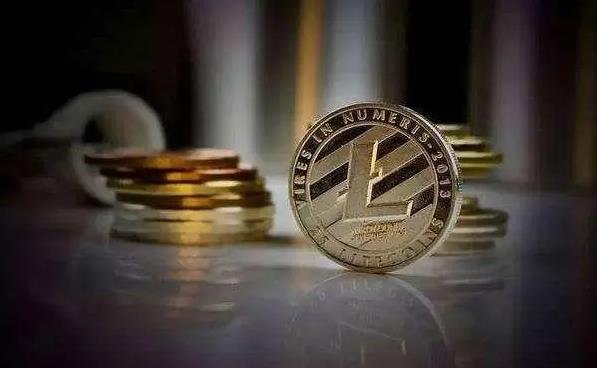Introduction
In the world of cryptocurrencies, Bitcoin and Altcoins have
become household names, with investors around the globe pondering over which
offers the best investment opportunities. While Bitcoin remains the pioneering
digital currency, Altcoins have emerged as a diverse category of
cryptocurrencies that include Ethereum, Ripple, Litecoin, and many others. This
article aims to shed light on the age-old debate: Bitcoin vs. Altcoins, to help
investors make informed decisions about where to allocate their capital.
Contents
- Bitcoin: The Original Crypto Gold Rush
- Altcoins: The Diverse Landscape
- Choosing between Bitcoin and Altcoins
Bitcoin: The Original Crypto Gold Rush
Bitcoin, often referred to as "digital gold," is
the original cryptocurrency created by the mysterious Satoshi Nakamoto in 2009.
It holds several unique features that set it apart in the world of digital
assets:
1. Market Dominance: Bitcoin has historically held the
lion's share of the cryptocurrency market, often representing over 60% of the
total market capitalization. Its dominance suggests a higher level of trust and
stability compared to altcoins.
2. Store of Value: Bitcoin is often likened to gold because,
like precious metals, it is perceived as a store of value that can potentially
hedge against inflation.
3. Liquidity: Bitcoin enjoys unparalleled liquidity, making
it easy for investors to buy and sell large quantities with minimal slippage.
4. Security: Its robust blockchain technology has withstood
the test of time, making it one of the most secure networks in the
cryptocurrency space. However, in recent years, Bitcoin fraud and money
laundering have become increasingly common, You can check compliant traders
through Brokersview to avoid scams!
and withdraw funds securely through a Bitcoin exchange.

Altcoins: The Diverse Landscape
Altcoins, short for "alternative coins,"
encompasses a vast array of cryptocurrencies beyond Bitcoin. Prominent Altcoins
include Ethereum, Ripple (XRP), Litecoin, Cardano, and many more. These digital
assets offer various unique features and use cases:
1. Smart Contracts: Ethereum introduced smart contract
technology, enabling programmable agreements and decentralized applications
(DApps) to run on its blockchain.
2. Faster Transactions: Altcoins like Ripple (XRP) and
Litecoin boast quicker transaction times compared to Bitcoin.
3. Diversification: Investing in altcoins allows for portfolio
diversification, reducing risk associated with a single asset.
4. Potential for Growth: Some Altcoins have experienced
exponential growth in a relatively short period, presenting investors with higher
volatility and profit potential.
However, it's essential to note that Altcoins also come with
higher risks due to their lower market capitalization and sometimes unproven
technology.

Bitcoin VS Altcoins
- Volatility: Many altcoins are highly volatile
and speculative, making them riskier investments compared to Bitcoin.
- Regulatory Uncertainty: The regulatory landscape
for altcoins is still evolving, with potential legal and compliance issues.
- Market Saturation: The sheer number of altcoins
can be overwhelming, making it challenging to identify promising projects amid
potential scams and failed ventures.
Investment Considerations
When deciding between Bitcoin and Altcoins, investors should
consider the following factors:
1. Risk Tolerance: Investors must assess their risk
tolerance. Bitcoin, with its established track record, maybe a safer choice for
risk-averse investors, while those seeking higher potential returns might
explore altcoins.
2. Investment Goals: Define your investment goals. Are
you looking for long-term growth, short-term gains, or a hedge against economic
instability?
3. Research: Conduct thorough research on specific altcoins
of interest. Assess their use case, technology, team, and community support.
4. Diversification: Consider diversifying your
cryptocurrency holdings. A balanced portfolio may include both Bitcoin and
carefully chosen altcoins.
5. Market Conditions: Be mindful of the overall market
conditions. Cryptocurrency markets can be highly influenced by external
factors, such as regulatory changes and global economic events.
Conclusion
The decision between investing in Bitcoin or Altcoins
ultimately comes down to individual preferences and risk tolerance. Bitcoin's
status as the pioneer cryptocurrency offers stability and recognition, while
altcoins bring innovation and diversification potential. Ultimately, a
well-balanced portfolio that combines the strengths of both Bitcoin and
carefully selected altcoins may offer the best investment strategy for
cryptocurrency enthusiasts.


